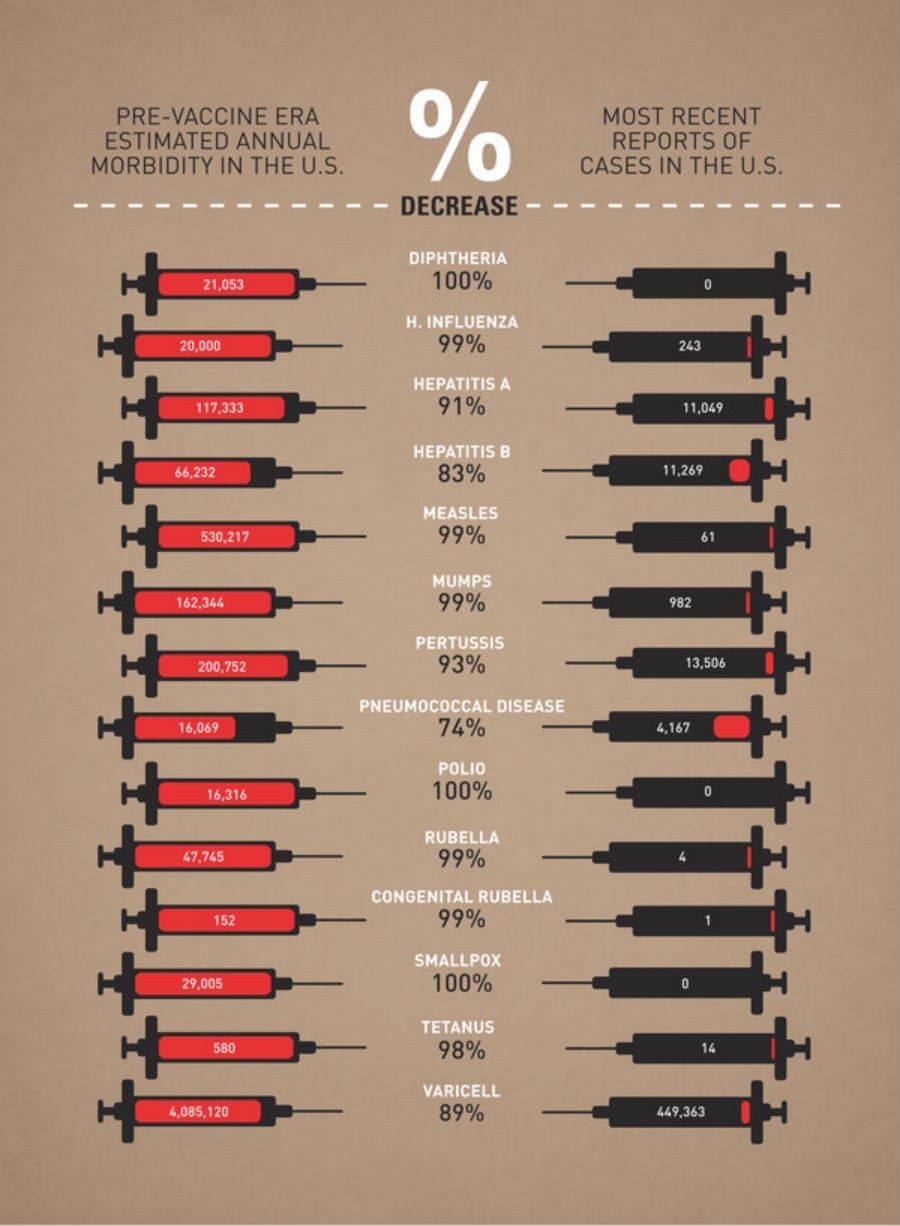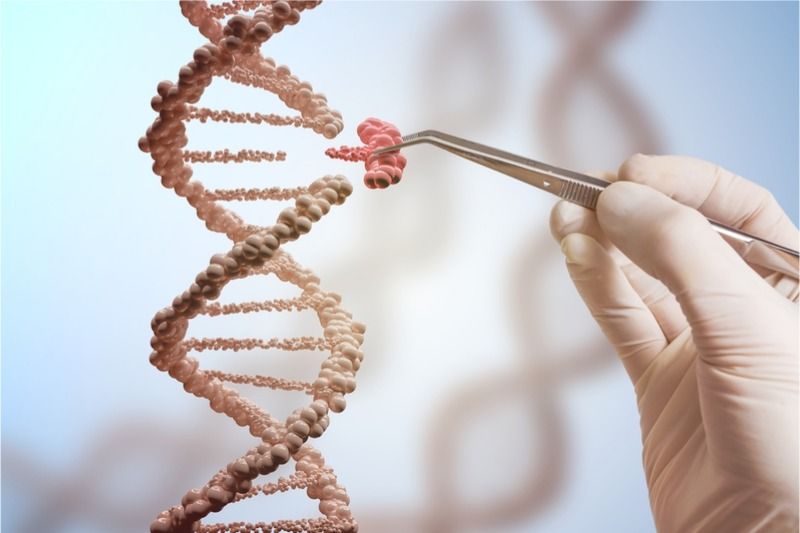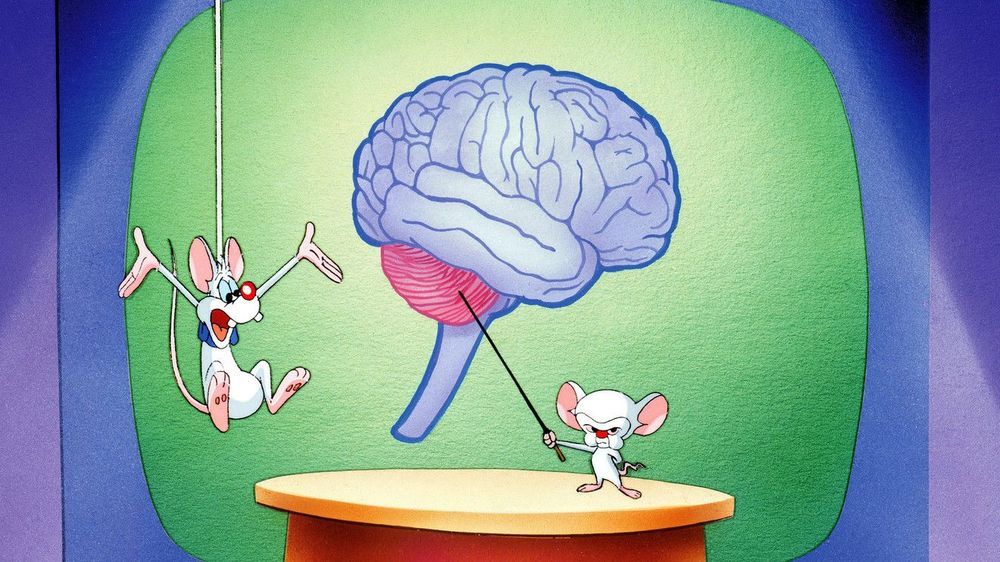The mice could hear almost as well as those that were born able to hear.



(CNN) — The risk of having a heart attack appears to be rising among young women, according to a new study, and researchers are trying to figure out why.
When analyzed across five-year intervals, the overall proportion of heart attack-related hospital admissions in the United States attributable to young patients, ages 35 to 54, steadily climbed from 27% in 1995–99 to 32% in 2010–14, with the largest increase observed in young women, according to the study, published recently in the journal Circulation.
During those periods, there was a rise in these admissions from 21% to 31% among young women, compared with 30% to 33% among young men, the study showed.


Researchers at the Salk Institute have moved a step closer to a possible therapy for Hutchinson-Gilford progeria syndrome, a rare genetic disorder that is often described as accelerated aging, as people with it appear to age far faster than normal. Using a new CRISPR/Cas9 gene therapy in a mouse model, they were able to slow down the pace of the condition, improve health, and increase lifespan.
What is Hutchinson-Gilford progeria?
Progeria is a degenerative disorder caused by a mutation in the LMNA gene. This disease has an early onset and progresses rapidly, and animals and humans with progeria show symptoms that are similar to regular aging, only on a much-accelerated timescale, giving them drastically shorter lifespans than normal. Humans with this condition rarely live very long, with the average being only 13 years old.

“Paul and Laura have made huge contributions to the biomedical gerontology field in recent years. Their work focuses on the characterisation and alleviation of the aspects of aging that are driven by DNA damage. At UA2019, their talks will describe their recent advances in the mechanistic understanding of DNA damage, aided by spectacularly good mouse models, and also their identification of natural products with potent senolytic activity”, says Aubrey de Grey.
undoing-aging.org/…/dr-laura-niedernhofer-and-dr-paul-robbi…

This article is reprinted by permission from NextAvenue.org.
The basics of heart health have been drilled into our brains: Eat less saturated fat. Keep moving. Know your “numbers” for cholesterol, blood pressure and BMI.
But what about that brain itself? Although life expectancy has more than doubled since 1900, our “mindspan” — how long we stay cognitively healthy — hasn’t kept pace.

In an extraordinary milestone procedure, scientists in the UK have performed the first gene therapy operation aimed at stopping progression of the most common cause of vision loss. The success of the procedure is yet to be determined, however the scientists suggest this one-off operation could be performed early in the degeneration process and essentially halt the disease in its tracks.

Autologous induced pluripotent stem cells (iPSCs) constitute an unlimited cell source for patient-specific cell-based organ repair strategies. However, their generation and subsequent differentiation into specific cells or tissues entail cell line-specific manufacturing challenges and form a lengthy process that precludes acute treatment modalities. These shortcomings could be overcome by using prefabricated allogeneic cell or tissue products, but the vigorous immune response against histo-incompatible cells has prevented the successful implementation of this approach. Here we show that both mouse and human iPSCs lose their immunogenicity when major histocompatibility complex (MHC) class I and II genes are inactivated and CD47 is over-expressed. These hypoimmunogenic iPSCs retain their pluripotent stem cell potential and differentiation capacity. Endothelial cells, smooth muscle cells, and cardiomyocytes derived from hypoimmunogenic mouse or human iPSCs reliably evade immune rejection in fully MHC-mismatched allogeneic recipients and survive long-term without the use of immunosuppression. These findings suggest that hypoimmunogenic cell grafts can be engineered for universal transplantation.

Hutchinson–Gilford progeria syndrome (HGPS) is a rare lethal genetic disorder characterized by symptoms reminiscent of accelerated aging. The major underlying genetic cause is a substitution mutation in the gene coding for lamin A, causing the production of a toxic isoform called progerin. Here we show that reduction of lamin A/progerin by a single-dose systemic administration of adeno-associated virus-delivered CRISPR–Cas9 components suppresses HGPS in a mouse model.
It’s inevitable in life, but aging isn’t really something people look forward to. Researchers have been seeking ways to reduce the impact of aging, not only because of vanity but also because as we age, there is a greater risk of certain serious health conditions like cancer, heart disease and neurodegenerative conditions like Alzheimer’s disease. Salk Institute scientists have now used CRISPR/Cas9, the gene-editing tool, to slow down aging. The work, reported in Nature Medicine, showed accelerated aging can be slowed in mice modeling a rare genetic disorder called Hutchinson-Gilford progeria syndrome.
“Aging is a complex process in which cells start to lose their functionality, so it is critical for us to find effective ways to study the molecular drivers of aging,” said the senior author of the report Juan Carlos Izpisua Belmonte, a professor in Salk’s Gene Expression Laboratory. “Progeria is an ideal aging model because it allows us to devise an intervention, refine it and test it again quickly.”